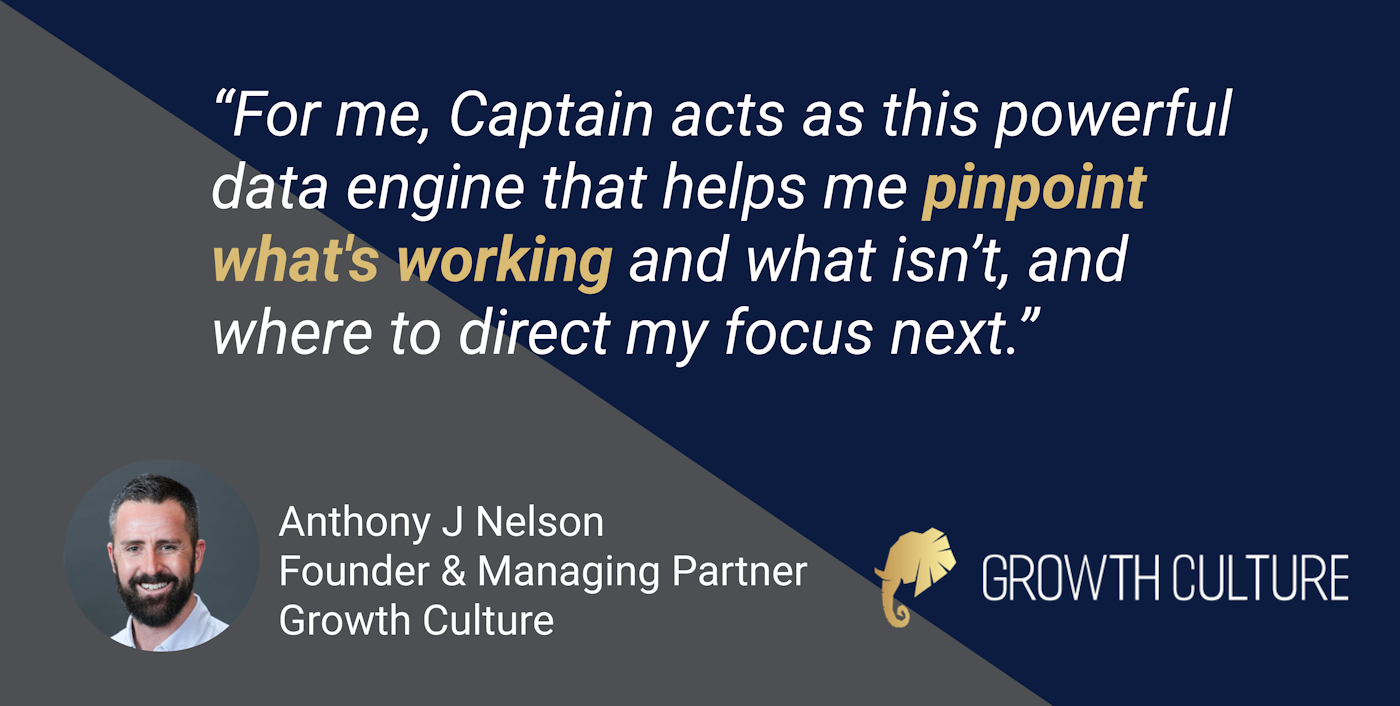AI Content Marketing: Avoiding Misinformation
Can your content marketing AI distinguish between fact and fiction?
In the rapidly evolving domain of digital marketing, artificial intelligence has become an essential tool, enhancing the way we create and distribute content. However, as we incorporate these sophisticated technologies, the balance between efficiency and accuracy can sometimes become unclear, risking the spread of misinformation. We will explore how to maintain this balance, ensuring that the speed and convenience of AI don't compromise the truth of your content.
As AI becomes more integral to content marketing, understanding its impact is essential. We'll examine the significant integration of AI in content creation, touching on the startling 73% inaccuracy rate in AI-generated content, and the ethical considerations it raises. We'll also provide practical strategies to enhance content accuracy and trustworthiness. Through this exploration, we aim to equip you with the knowledge to use AI’s power responsibly, keeping your content both innovative and credible.
The Rise of AI in Content Marketing: Embracing the Numbers
The integration of AI in marketing strategies has become overwhelmingly prevalent, with a staggering 76% of marketers now using generative AI for content creation and copywriting. This surge is further underscored by the 85% of professionals leveraging AI tools monthly across various marketing functions like keyword research and social media management. The data paints a clear picture: AI is not just a supplementary tool but a central pillar in the marketing field.
However, it's not just the adoption rates that are telling; the perception of AI-generated content quality also holds significant weight. A notable 96% of marketers attest to the high quality of AI-written copy, suggesting a growing trust and reliance on this technology. Understanding these statistics is crucial for grasping the full context of AI's role in reshaping marketing dynamics. It's imperative for professionals in this field to recognize not only the widespread use but also the nuanced impacts of AI on content quality and consumer engagement.
The Accuracy Challenge: Navigating the Pitfalls of AI-Generated Content
Despite the promising embrace of AI in marketing, there's a crucial challenge that cannot be overlooked—the accuracy of AI-generated content. An alarming 73% of AI-generated content suffers from inaccuracies, posing significant risks to brand credibility and SEO ranking. Google's stringent penalties for low-quality content mean that any unedited or unchecked AI-generated article could harm more than help.
Strategies to combat these pitfalls are essential. They include:
- Implement layered editing processes to refine AI outputs
- Employ fact-checking tools to verify data and statistics used by AI
- Regularly update AI models with new information to avoid outdated or incorrect data usage
Ethical Considerations and Audience Perception
The ethical landscape of AI-generated content is complex, particularly in how it aligns with Google’s E-A-T guidelines. The inherent challenge lies in the AI’s current inability to replicate the nuanced expertise and authoritativeness that come from human experiences and credentials, which are crucial for earning trust online.
Additionally, with 53% of individuals unable to distinguish between content created by humans and AI, the potential for misinformation is vast. This statistic not only highlights the sophistication of AI but also underscores the necessity for transparency in content creation processes. Marketers must ensure that the use of AI tools is clear to their audience to maintain trust and credibility. Transparency about AI involvement can prevent the erosion of reader trust and safeguard the brand’s reputation.
"When you think about the accuracy of AI-generated marketing content, the first thing to consider is whether the content is based on fact or opinion. There are plenty of examples of both. If your content deals with hard science or widely accepted historical facts, then you probably don’t have many concerns about using AI. But when you get into opinions, like politics, or reviewing films or music, that's highly subjective, and you really need to scrutinize the AI you're using," said Nick Rizzo, Customer Success Lead at Captain.
Implementing Best Practices for Trustworthy AI Content
To harness AI's capabilities without compromising on credibility, marketers must adopt a series of best practices that prioritize ethical considerations and maintain a strong brand image. Here are detailed strategies for integrating AI in content creation responsibly:
- Incorporate human oversight: Ensure that all AI-generated content is reviewed and possibly edited by human experts to maintain quality and accuracy
- Highlight transparency: Clearly disclose the use of AI where applicable to build trust with your audience
- Leverage expert insights: Enrich AI-generated content with quotes and insights from industry experts to enhance its credibility and depth
These practices not only help in mitigating the risks associated with AI-generated content but also in leveraging AI’s potential to enhance content quality and engagement effectively. By maintaining a vigilant approach towards AI content creation, marketers can ensure that their material is not only efficient but also ethically produced and trustworthy.
"AI can definitely be a useful tool for opinion-based research, but you should take a closer look at it. I think it's especially critical when you deal with opinion-based marketing content that you use the best AI technology available. It becomes very obvious if you’re not using top-tier technology to generate your content when it comes to pulling in and researching different people's thoughts and opinions on a topic, compared to just searching for clear, undisputable facts."
Wrapping Up: Striking the Right Balance in AI Content Marketing
Throughout this discussion, we've navigated the transformative role of AI in content marketing, appreciating its efficiency and grappling with its challenges. We've learned that while AI significantly enhances content production — with a high adoption rate among marketers — it also presents a notable risk of inaccuracies. Ensuring the credibility of AI-generated content is paramount; this involves rigorous editing, fact-checking, and regular updates to AI models. Ethically, it's essential to maintain transparency about AI's role in content creation, which not only preserves trust but also aligns with the sophisticated expectations of today's digital audiences.
As we forge ahead, let's remain vigilant and proactive. Our task involves using AI's capabilities while focusing diligently on ethical standards and factual accuracy. Remember, every piece of content we publish affects our brand's integrity. Let's commit to making every word count, ensuring our narratives are compelling and impeccably accurate. After all, in the realm of digital marketing, the truth isn't merely a necessity; it's our currency.
From the Experts

"When you think about the accuracy of AI-generated marketing content, the first thing to consider is whether the content is based on fact or opinion. There are plenty of examples of both. If your content deals with hard science or widely accepted historical facts, then you probably don’t have many concerns about using AI. But when you get into opinions, like politics, or reviewing films or music, that's highly subjective, and you really need to scrutinize the AI you're using. AI can definitely be a useful tool for opinion-based research, but you should take a closer look at it. I think it's especially critical when you deal with opinion-based marketing content that you use the best AI technology available. It becomes very obvious if you’re not using top-tier technology to generate your content when it comes to pulling in and researching different people's thoughts and opinions on a topic, compared to just searching for clear, undisputable facts."




